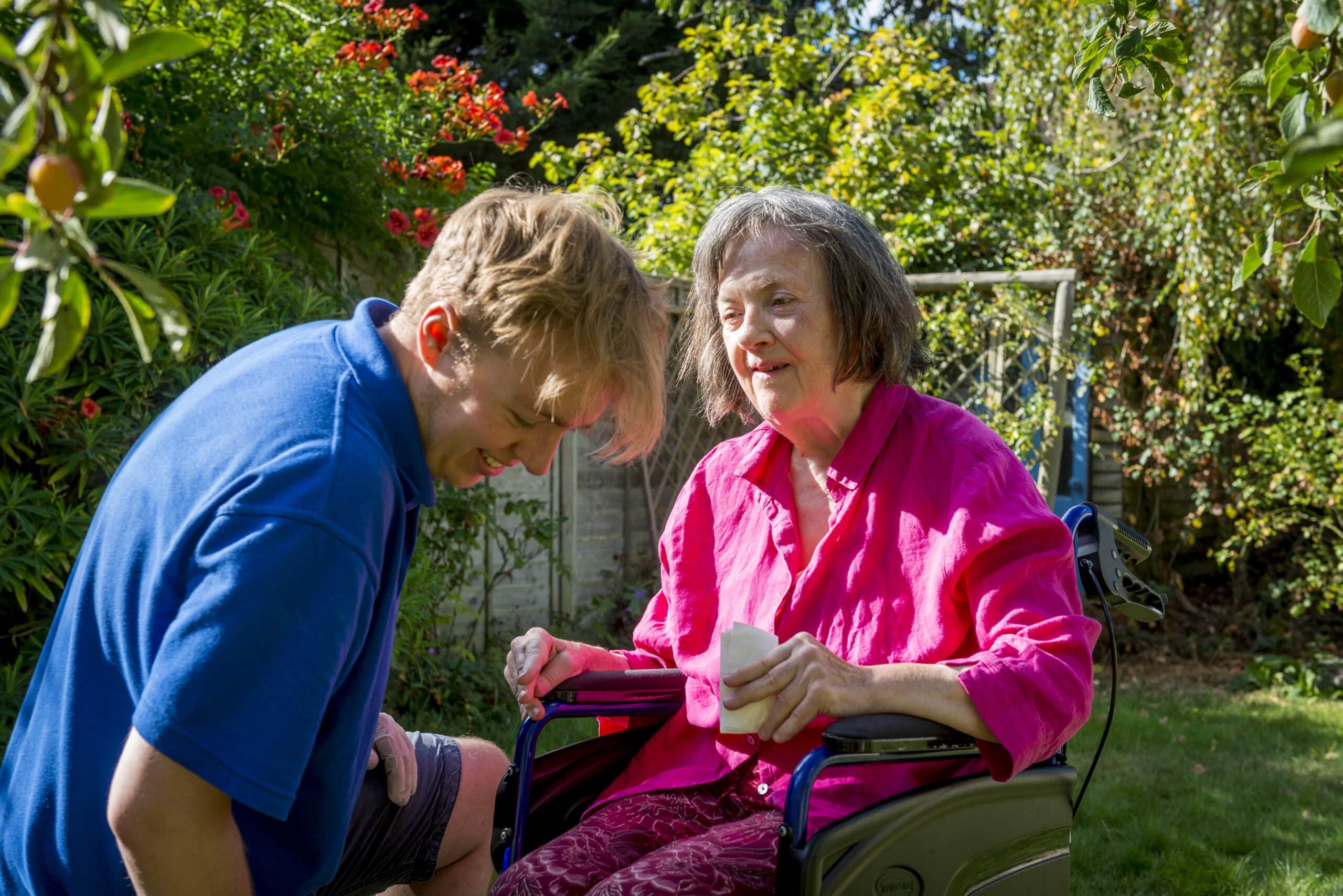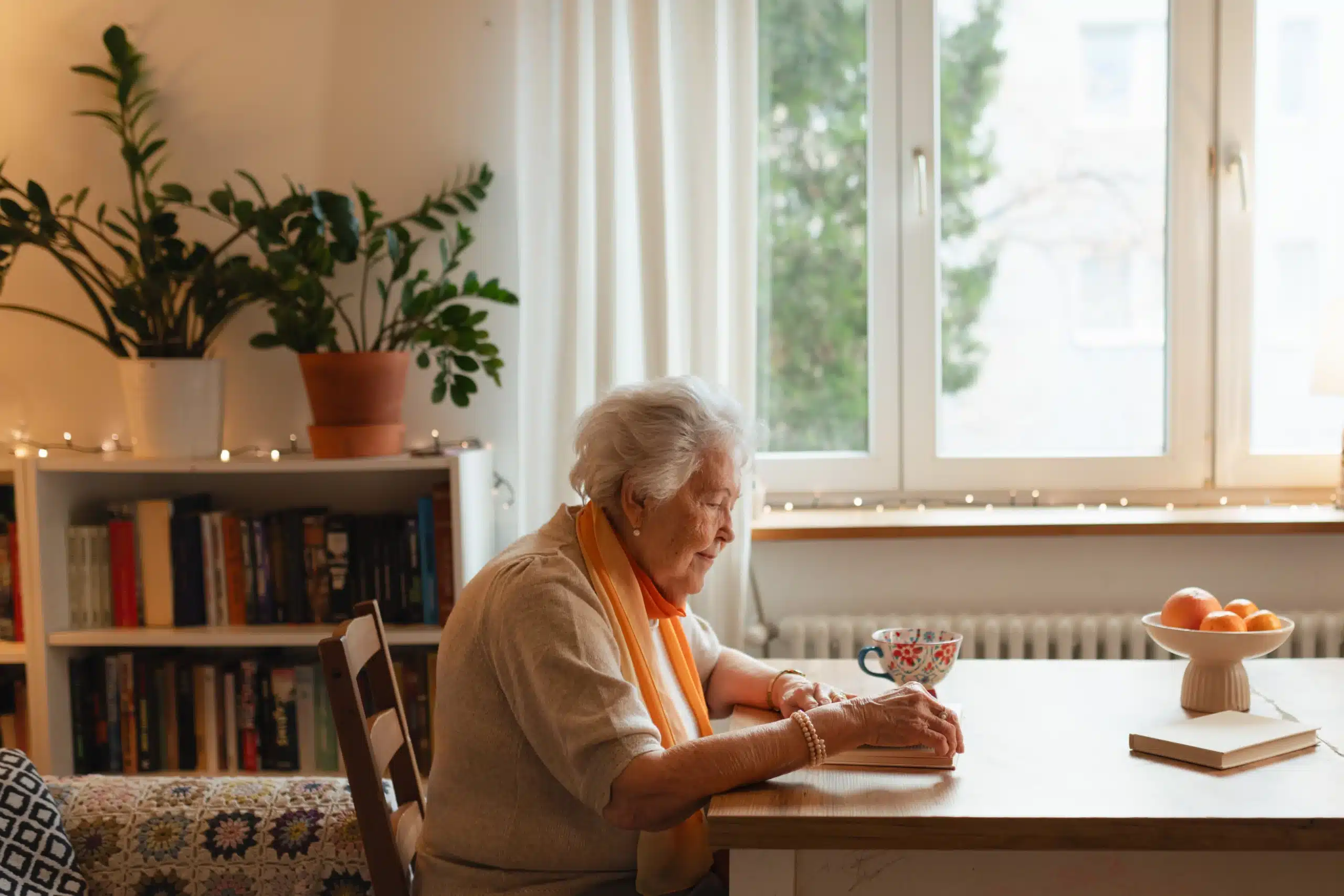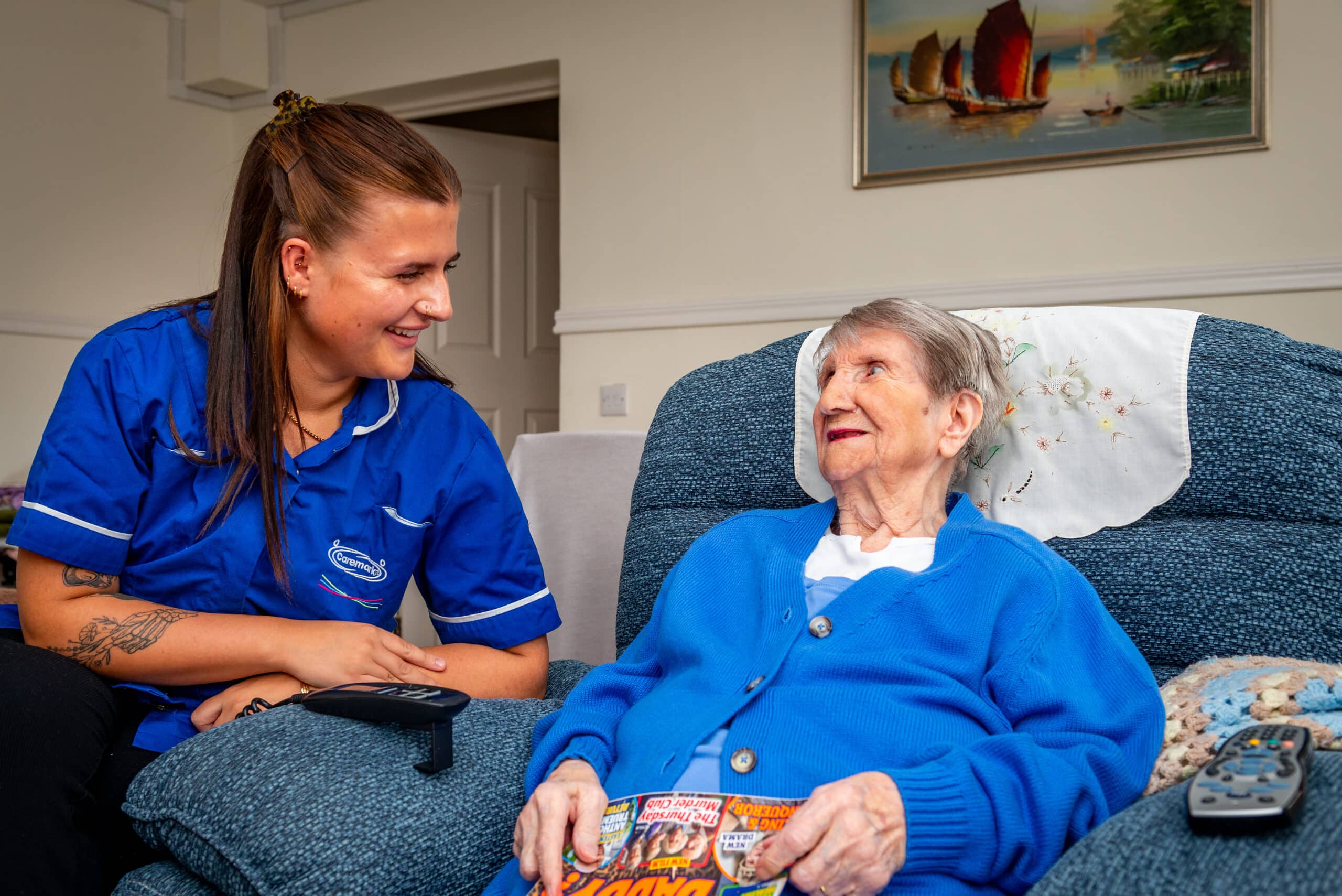Reducing Loneliness in Dementia Patients

Loneliness can be distressing for anyone. But, for those living with dementia, it can be especially isolating. As memory fades and communication becomes harder, people may feel disconnected from society. This can happen even when surrounded by others. Reducing loneliness in dementia patients isn’t only about improving mood. It can also be about preserving dignity, identity, and quality of life. Meaningful connection and compassionate care can help.
What is Dementia?
Dementia is a progressive condition that affects the brain. It leads to problems with memory, thinking, behaviour, and communication. It’s not a single disease, but a term that covers a range of symptoms. It is caused by disorders such as Alzheimer’s, vascular dementia, and Lewy body dementia. As dementia advances, individuals may experience confusion. They might struggle with everyday tasks, and feel confused. These changes can be frightening, making emotional support all the more vital. This isn’t only for the person affected, but for their loved ones too.
Vulnerability to Loneliness in Dementia Patients
People living with dementia often face unique challenges that increase loneliness. Memory loss and confusion can make it difficult to maintain relationships and socialise. Communication barriers can make conversations frustrating. Furthermore, the loss of independence can reduce opportunities for meaningful interaction. Misunderstanding around dementia can also result in people feeling forgotten or even invisible.
The Effects of Loneliness on Dementia Patients
Loneliness doesn’t only affect emotional wellbeing. It can have serious consequences for general health. Isolated individuals with dementia may experience faster cognitive decline, increased anxiety, and depression. This also results in a greater reliance on healthcare services. Loneliness can also reduce motivation to engage in daily activities. This can lead to a decline in quality of life. When someone feels alone, they may lose interest in things they once enjoyed. This can further speed up the progression of symptoms.

Ways of Reducing Loneliness in Dementia Patients
There are many ways to help dementia patients feel more connected and supported:
Consistent companionship
This could be from carers, family, and friends. It helps build trust and emotional security, especially alongside routines and familiar faces.
Engaging activities
Music therapy, and art can spark joy, evoke memories, and encourage interaction. These activities can be carried out in a way that feels natural and comforting.
Routine and familiarity
These comforts reduce confusion, which helps individuals feel more in control and less anxious about their surroundings.
Community involvement
Interaction can take place through dementia-friendly cafés, day centres, and local events. This encourages social interaction and a sense of belonging. Participation can even be gentle or passive.
Technology
Video calls, memory apps, and digital photo frames can help maintain connections. This offers reassurance and continuity, even from a distance.
These approaches don’t need to be complex. Sometimes, a simple conversation or shared moment can make all the difference. Even small gestures, like remembering a song or asking about a beloved pet, can bring comfort.

How Caremark Care Assistants Help
At Caremark, our carers know that emotional and physical wellbeing are equally important. They take time to build meaningful relationships, encourage hobbies, and support families. We tailor every care plan to the individual, ensuring that each person feels understood. We value, respect and care for our customers.
Our carers make a real difference in the lives of those living with dementia. This could be through sharing a pot of tea, going for a walk, or listening with patience and kindness. They know that small, thoughtful interactions can have a lasting impact. This helps individuals feel safe, supported, and less alone.
Why It Matters
Reducing loneliness in dementia patients requires compassion, patience, and understanding. With the proper support, individuals enjoy meaningful moments and feel cared for. At Caremark, we know that no one should face dementia alone. We’re here to help every step of the way, offering not only care, but connection, comfort, and companionship.

What Can Caremark Do to Help Reduce Loneliness in Dementia Patients?
At Caremark, we provide high-quality, professional care that empowers individuals to live their best lives. Our kind and trustworthy care assistants are key to the tailored care we provide. Our customers are at the heart of everything we do, so we strive to support every one of their needs in managing their conditions.
Would you like to learn more about the care services we provide? Get in touch and discover how we can support you or someone you love. From dementia care to live-in care, we are here to help.